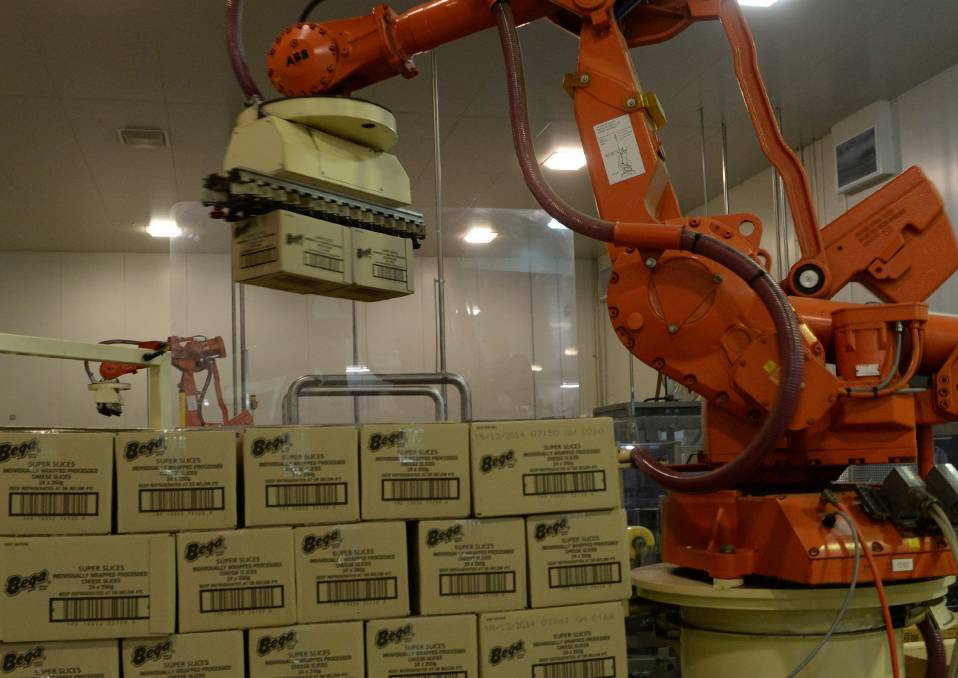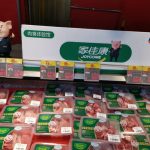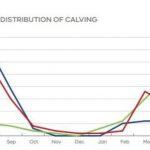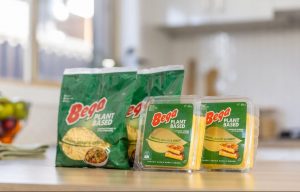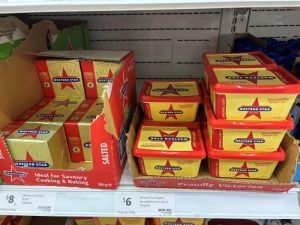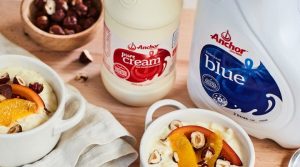
Clearly signalling the dairy and spreads business’ strategy for more acquisitions, he said Bega had a long term focus on protecting its existing milk supplies and diversifying so it had supply stability regardless of what may be happening in some areas of the marketplace.
With major milk processor Lion Dairy and Drinks up for sale again after failing to get Foreign Investment Review Board consent for a $600m bid by China’s Mengniu Dairy, Bega is widely viewed as a strong Australian-owned alternative buyer capable of picking up at least some of Lion’s assets between North Queensland and Western Australia.
Mr Irvin told last week’s annual general meeting he believed further consolidation would create extra value for the dairy industry.
The executive chairman said Bega management was always endeavoring to be ready to participate in industry consolidation opportunities when they arose.
Diversifying agenda
The $1.1 billion former farmer-owned co-operative listed publicly on the Australian Securities Exchange nine years ago and hasn’t stopped grabbing at consolidation opportunities since.
It has diversified from its NSW South Coast home base to take full ownership of Tatura Milk Industries in northern Victoria in 2011; the former Kraft grocery brands business, including Vegemite, bought in 2017 for $460m; Queensland’s Peanut Company of Australia, bought for about $10m in early 2018, and then the $250m purchase of Koroit six months later.
Along the way it also unsuccessfully bid about $500m for Warrnambool Cheese and Butter in 2013, and lost a play for a leading stake in Queensland-based Capilano Honey in 2018.
Mr Irvin said Bega Cheese’s diversification had proven particularly valuable when drought conditions savaged milk supplies in many areas last year.
Geographic and product diversity also helped Bega manage a turbulent 12 months of bushfires, coronavirus pandemic, global market collapse and dramatic changes to consumer demands and government policy.
“We must be alert to recognise opportunities and challenges across our entire milk supply chain,” he told shareholders.
“We have recognised for some time the challenges facing northern Victoria given the increased frequency of drought and upheaval associated with government water policy.
“We’ve therefore refined our business at Tatura to focus on higher value nutritionals and cream cheese and purchased Koroit in western Victoria to increase our geographic footprint, reducing our climate risk to supplies, and to expand our customer portfolio.”
It’s all about strategy
Good strategy was vital in the food and agriculture game, he said.
“Unfortunately, far too often, we’ve seen the consequences of inconsistent strategy or a lack of understanding of the risks and opportunities.
“In 2019-20 we have managed and continue to manage all that has come before us – in fact, we’ve done better than that.”
Bega had delivered growth to $1.5b for the year, strong cash flow of $138m and cut its debt by $52m to $236m.
Statutory profit rose to $21m bolstered by a 10.5 per cent growth in the company’s retail grocery market, including the launch of its B honey and Happi nutraceutical product range, plus many new products within its core peanut butter and Vegemite categories.
The new nutraceutical range was made possible, in part, by Bega’s big expansion in lactoferrin production at Koroit which has lifted the company to become one of the world’s biggest producers of the high grade nutritional ingredient.
Nutritional setbacks
On the downside, nutritional powder demand was undermined by coronavirus disrupting daigou channel sales and bulk exports to China, while some other longer term customers have also dropped off in recent years.
With Koroit now churning out big volumes and providing strong earnings growth potential, Bega was developing new sales footholds in Indonesia and other countries.
It has also spread its processing activities into goat milk formula.
Mr Irvin said while milk supplies were still tight in Australia, it was pleasing higher eastern states rainfall trends had returned enabling more farm output and stablising the procurement environment.
Last financial year national milk production slipped to 20-year lows of 8.8b litres.
He has also welcomed new competition from milk brokers entering the market to negotiate better deals on farmers’ behalf.
The third party players offered producers optimistic prospects for better returns from their industry, especially while the milk pool was so short on volume.
